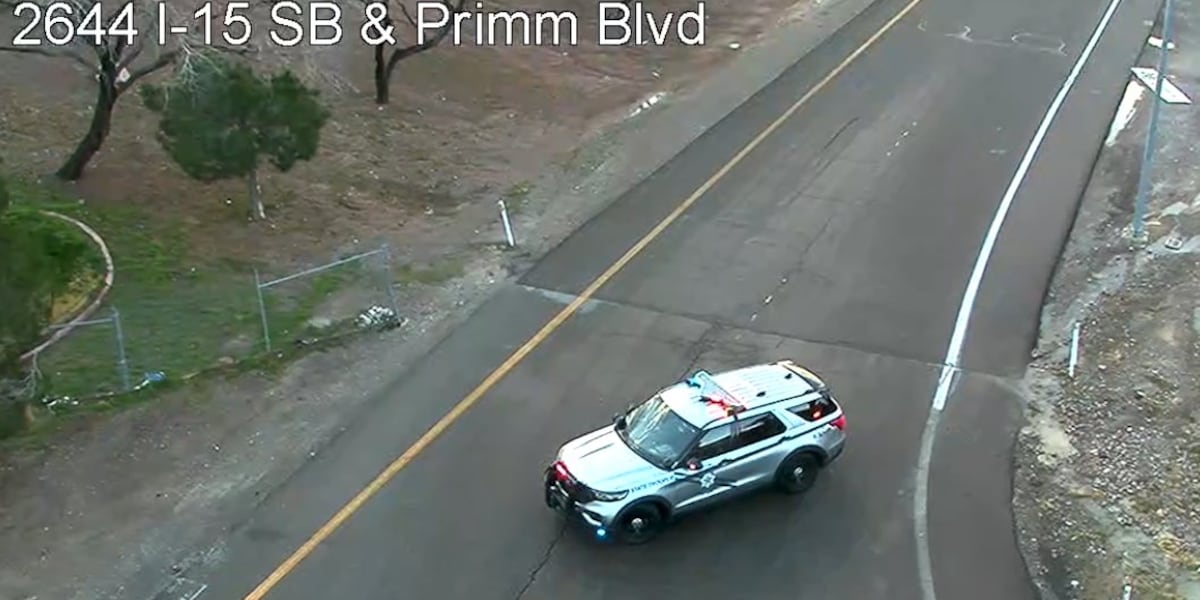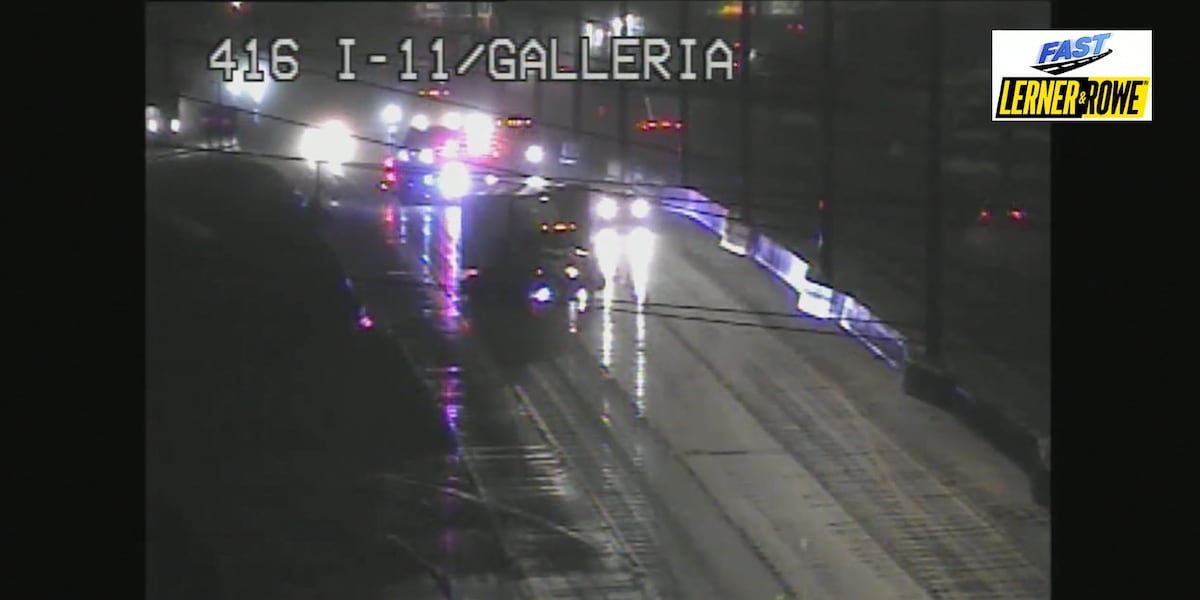LAS VEGAS, Nev. (FOX5) – The first human case of bird flu has been detected in Nevada. The CDC reported a Churchill County dairy farm worker tested positive for a new strain of bird flu different from the version that has been spreading across the U.S. since last year.
The worker’s illness is mild similar to pink eye with eye redness and irritation. CDC officials say there is no evidence the virus has spread from the infected farm worker to any other person. The agency continues to say the virus poses a low risk to the general public. However, stopping the spread is a daunting task.
A map from the USDA, updated daily, reports bird flu detections in wild birds showing cases from coast to coast, including cases in Northern Nevada and Clark County.
“We now have a d1.1 variant in our dairies in Fallon. This has never been seen before in dairy cattle anywhere. Why it chose Fallon we do not know, obviously you have a lot of interface with wildlife and wild fowl there,” shared Dr. J. J. Goicoechea, Director of the Nevada Department of Agriculture. Goicoechea revealed bird flu is prevalent in the environment infecting wild birds in Nevada and throughout the country, and it could get worse.
“I will not sit here and lie to you, we will be in this for months, we have a long way to go. My goal and Dr. Roth’s goal is to put this in a corner and see if it will burn out. We are very concerned about what that wildlife nexus is going to do and where else it may already be that they haven’t found,” Goicoechea explained.
The bird flu currently spreading through animals, and some people, has infected about 1,000 cattle herds in 16 states including in Nye County in December. Distinct forms of the virus spread from wild birds have now infected Nevada cattle at least twice. The AG Director reports six herds in Nevada are currently under quarantine, approximately 23,000 cows. Only dairy cows have been impacted not beef cattle.
In October 2022, two Canada geese were found dead at Sunset Park later testing positive for the virus. Experts worry about the continuing spread of avian influenza and the difficulty of controlling infections in animals and the people who work with them.
“PPE, we want to make sure all our dairy workers have all the equipment that they need,” Goicoechea told state lawmakers Monday.
At least 68 people in the US have been reported infected with bird flu in the last year. All but a small handful worked closely with cows or poultry. A person in Louisiana died in January after developing severe respiratory symptoms following contact with wild and backyard birds.
Wild birds are the primary carries spreading the virus to domestic flocks. The Nevada Department of Wildlife tells FOX5 every dead wild bird found is not necessarily tested. If you see a large number of dead birds, you can contact NDOW. Here is more information from them:
If someone is aware of a situation in which multiple (three or more) birds representing multiple species die in close proximity to one another – in terms of space and time – then we may collect sample and have them tested.
In September 2022, NDOW, in coordination with the US Department of Agriculture, confirmed that Highly Pathogenic Avian Influenza (HPAI) was found in wild bird populations in Nevada. At that time, NDOW issued the following news release: (Highly Pathogenic Avian Influenza Confirmed In Wild Bird Populations)
Reno, NV– The Nevada Department of Wildlife (NDOW), in coordination with the USDA, has confirmed Highly Pathogenic Avian Influenza (HPAI) in wild bird populations in Nevada. HPAI is a contagious virus that mostly circulates in wild waterfowl without any signs of illness and low mortality rates. Due to the contagious nature of HPAI, it likely already exists in wild waterfowl populations throughout the state.
Some birds, including bird of prey species (owls, raptors, eagles), grouse, and domestic birds, such as backyard and commercial chickens, can have very high mortality rates, reaching up to 95% in domestic chickens. In addition, cases have occurred in various mammal species and all mammals should be considered potentially susceptible.
“HPAI typically doesn’t have much of an impact on the overall population of waterfowl,” said NDOW Wildlife Veterinarian Nate LaHue. “However, with waterfowl hunting seasons approaching, we encourage hunters and other outdoor enthusiasts to take proper precautions to keep themselves and their pets safe and help prevent the spread of HPAI to domestic birds.”
HPAI has been detected throughout the U.S. since December 2021, and in July 2022, the USDA and Nevada Department of Agriculture (NDA) confirmed the first case of the virus in Nevada in a backyard flock of domestic birds in Carson City. Since then, the disease has been confirmed in multiple geese and ducks in Reno, in bird of prey species across western Nevada, and during routine surveillance of waterfowl in western Nevada. The current strain of the virus appears to pose a low risk for human infection, but those who work with wild birds, especially waterfowl, are at higher risk of exposure and should wear appropriate personal protective equipment (PPE).
To keep yourself, pets, and domestic poultry safe there are some simple steps you can follow.
Hunters are encouraged to:
· Never handle, consume, or bring home sick or dead waterfowl.
· Harvest only birds that appear and act healthy.
· Wear gloves and eye protection when cleaning birds and do so in a well-ventilated area.
· Remove intestines and discard soon after harvesting and avoid direct contact with them.
· Do not eat, drink, or smoke while handling carcasses.
· Wash hands after handling game and clean equipment.
· Cook all game to an internal temperature of 165F before consuming.
· If you are planning to hunt in Canada, please see recent transport restrictions for harvested wild birds at the following link: https://www.aphis.usda.gov/aphis/newsroom/stakeholder-info/sa_by_date/sa-2022/canada-wild-bird-game-carcasses
Other information for everyone to keep in mind includes:
· Contact NDOW at 775-688-1500 if you notice sick birds or unusual levels mortality of ducks or other birds.
· Sick birds can be found in urban or rural settings and HPAI can be carried and passed on to other animals.
· Dogs and other mammals may be susceptible to HPAI:
· Do not let your dog come into contact with sick birds or dead birds that you have not harvested.
· Do not let your dog consume raw meat including from waterfowl.
· If your dog becomes ill, seek veterinary care and mention that you have been hunting with your dog.
If you have domestic birds, especially backyard poultry, you can help keep yourself and your birds safe by following the precautions outlined by NDA at agri.nv.gov/Animals/Avian/. Quarantine sick birds immediately and report to the USDA (866) 536-7593 or NDA Animal Disease Lab at 775-353-3709 or [email protected].
Copyright 2025 KVVU. All rights reserved.





